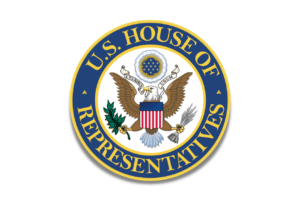A new proposed rule from HUD, Reinstatement of HUD’s Discriminatory Effects Standard, would rescind the Department’s 2020 disparate impact rule and restore the 2013 discriminatory effects rule. Comments are due by August 24.
HUD’s 2020 disparate impact rule raised the burden of proof to bring a disparate impact claim, making it harder to pursue housing discrimination cases. HUD’s 2020 rule never took effect due to a preliminary injunction from the U.S. District Court for the District of Massachusetts in the Massachusetts Fair Housing Center v. HUD case.
The 2013 disparate impact rule provides the plaintiff with the initial burden of showing that a challenged practice has a disproportionately adverse impact on persons in a protected class; the burden then shifts to the defendant to show a “legally sufficient justification” for the challenged practice. “Legally sufficient justification” requires that defendants show that the challenged practice is necessary to achieve a substantial, nondiscriminatory goal and that no less discriminatory alternative is available to achieve that goal. If the defendant makes that showing, the burden then shifts back to the plaintiff to show that there is, in fact, a less discriminatory alternative.

